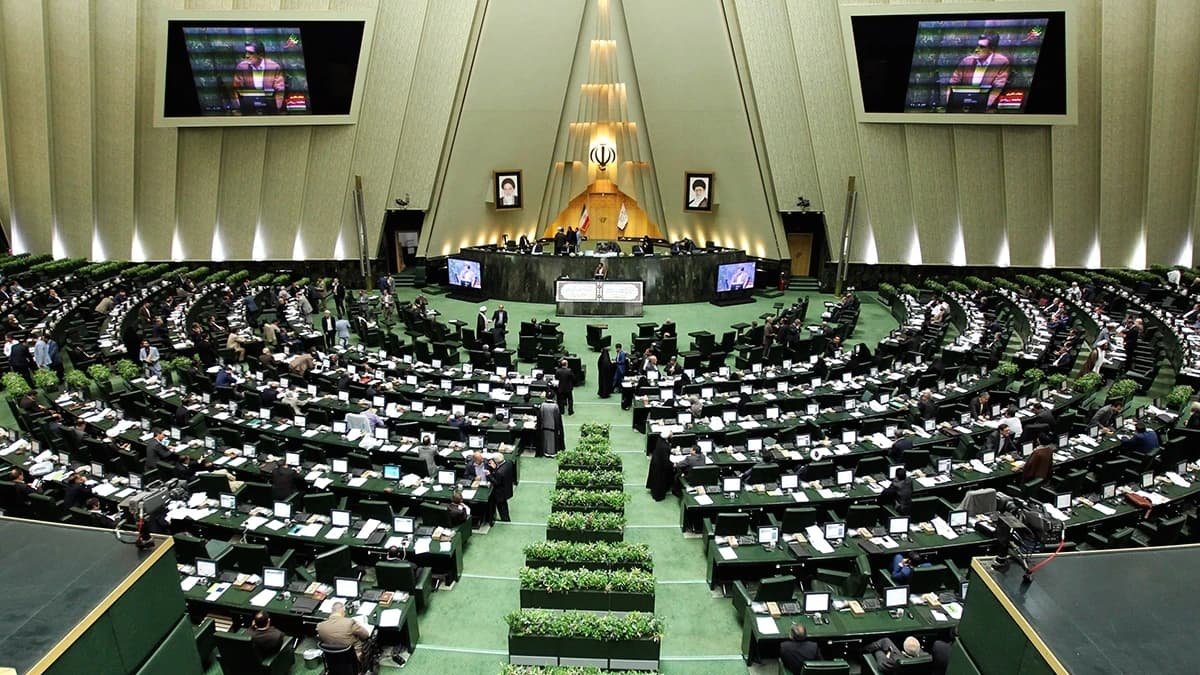Iran’s parliament has swiftly drafted an urgent bill to withdraw from the Nuclear Non-Proliferation Treaty (NPT), marking a dramatic escalation in response to mounting international pressure. This emergency legislation, spearheaded by Deputy Chairman Hossein Ali Haji Deligani, is set to be uploaded into the parliamentary system imminently, before being publicly debated and potentially voted on next week. The bill includes a three-part plan that would see Iran exit both the NPT and its Additional Protocol, suspend all cooperation with the International Atomic Energy Agency (IAEA), and halt negotiations with the United States and European powers—actions aimed squarely at retaliating against European “snapback” sanctions triggered by the UK, France, and Germany.
This legislative push comes on the heels of the E3’s activation of the snapback mechanism under the 2015 JCPOA framework, paving the way for the reimposition of UN sanctions unless Iran reverses course. Iran has denounced the move as illegitimate, accusing Europe of using it to undermine Iranian sovereignty.
Parliamentary sources, including reports from Al Mayadeen and Nour News, confirm that the emergency draft bill frames the withdrawal as a minimal but forceful, response meant to make the European powers “regret their action,” with Deligani further stating that Iran intends to cease monitoring and inspections by the IAEA altogether.
Experts warn that this potential withdrawal carries serious implications. Under Article 10 of the NPT, Iran may legally withdraw after providing three months’ notice, but doing so would remove international oversight mechanisms crucial to transparency and proliferation prevention. Analysts caution that Tehran could continue its enrichment activities without IAEA scrutiny, stoking fears of nuclear weaponization and undermining non-proliferation norms globally.
Nevertheless, Iran’s official rhetoric remains consistent: Tehran maintains that its nuclear ambitions are peaceful and that nuclear weapons are prohibited by religious edict. President Masoud Pezeshkian has reiterated Iran’s continued commitment to peaceful energy use, even as lawmakers move ahead with legislative action.





